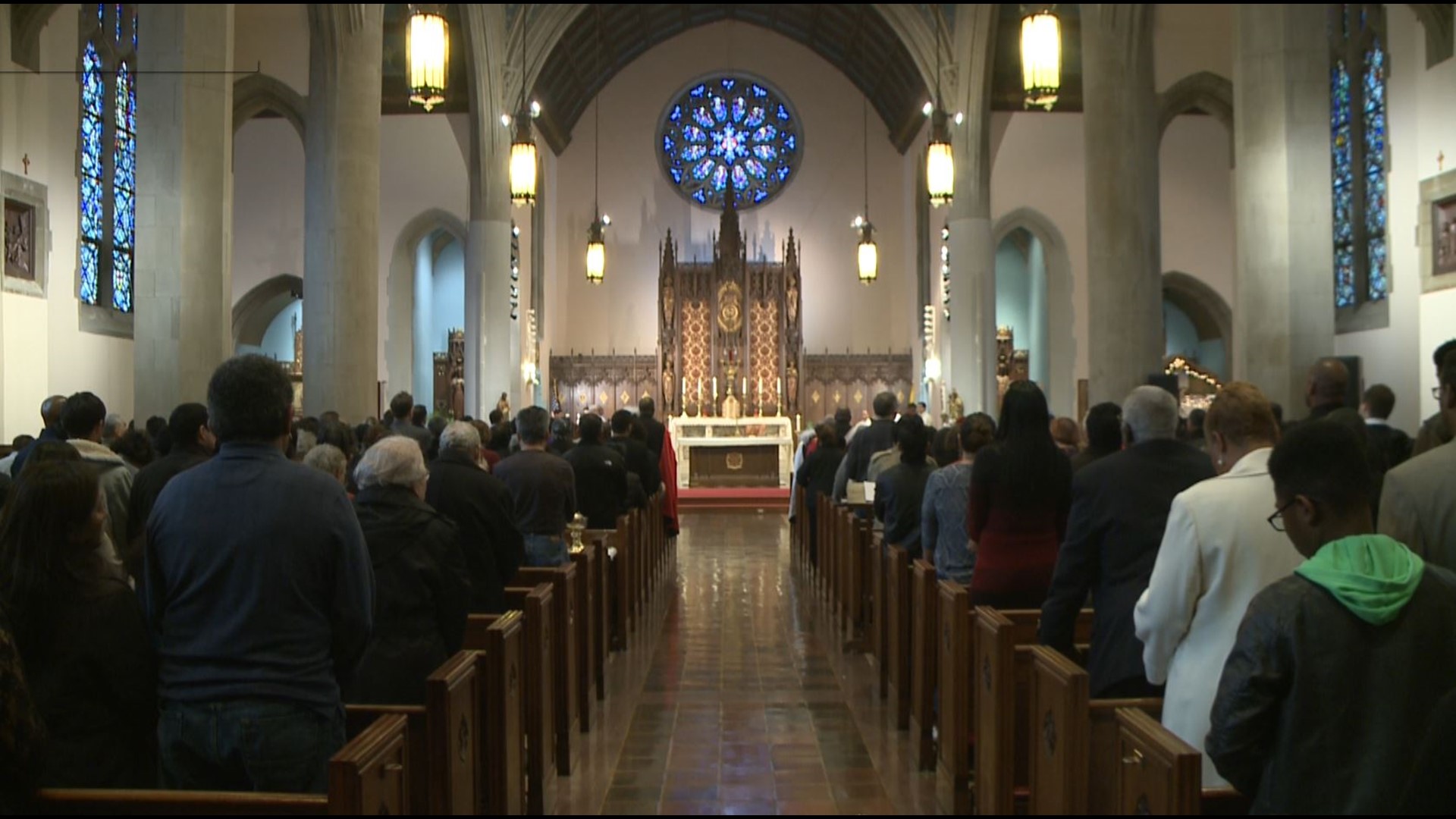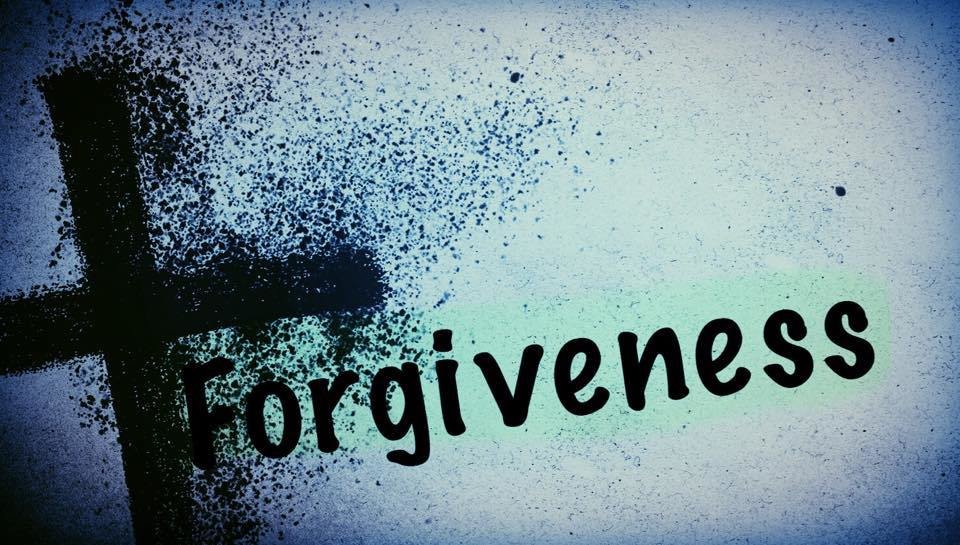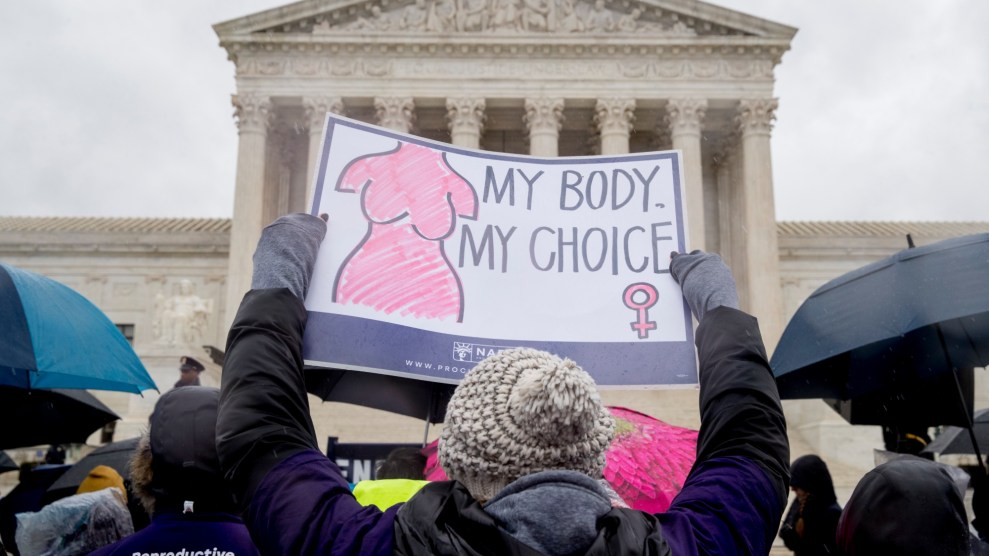What we face in the woke culture of the West is nothing less than an assault on every truth except their truth and every fact that does not support their truth. Does it sound like I am making a radical statement? Well, I am. It is a radical wake up call to a people who are lazy and complacent -- and here I am speaking to Christians who think that this is not the state of things or else the craziness of the moment will blow away and things will go back to normal. There soon will be no normal except that which the woke culture defines. While this is in part due to the retrospective view of history that is even now undergoing a transformation, it is also due to the fact that our woke culture and willing society will allow nothing but their point of view to be expressed.
Yes, religion will always be free in the heart and mind of the believer but not in his or her mouth and not in public -- even in worship services. Nobody will show up to your door to take away your Bible or your prayerbook or your catechism, but they do not need to do this. If what is in your Bible, your prayerbook, and your catechism are prevented by law from being expressed in public, the end result is the same as a book burning.
No, you will not be sent to camps where you will be indoctrinated into the new point of view, but you will be censored and certain occupations and positions will no longer be open to those who dare to disagree with the woke point of view. If you think I am falsely sounding an alarm, look at how those who run social media routinely restrict or ban certain people and certain points of view. It was once said that if it was true, the truth would withstand the threats of lies and the power of deception. The truth that is prevented from being expressed does not have to be debunked in order for the lie to win -- it has already won by simply allowing no opposition.
In America the examples are many. Trump, no matter what you think of him, has been silenced by the social media of the day, tarred and feathered by accusation, and will be hunted down in courts until he is silenced. Whether he deserves this or not, who would have thought that such a thing could have happened until now? Why is his point of view so dangerous it cannot be allowed to be heard? Did we not go through something like this when communists and communism was thought to be a threat too powerful to be allowed to speak? How did that turn out?
The methodology that would limit access to media and prevent opposing points of view is not conservative but radical. It is the means by which fascists and despots once ruled the day. We thought that a world of free news, free travel, and free ideas would prevent fascists and tyrants but now the very tools of these disgraced rulers and ideologies are being used against the very ideas that would challenge sexual liberty, gender identity, political dissent, and different views of a pandemic.
At the core of there are grave questions we must soon confront. Is a political and social point of view so fragile that it cannot be questioned or challenged? Is it so weak that it must be propped up by force and supported by threat against any and all who disagree? Is liberty itself something so fragile that it can be killed by a small number of protesters turned rioters in the Capital? Is the population so ignorant or foolish that they must be sequestered from those who disagree with the politics, social movements, and moral values promoted by the current ruling class? Can we disagree with the people who sit in Congress and in the White House and in the Supreme Court building and still be patriotic Americans? Is religion that offends the liberal and progressive platforms still a religion protected as constitutional right and freedom?
America is not alone. Even now Canada’s Parliament is considering a bill (C10) that
would censor public statements of basic Christian teachings, such as about sex
and marriage. It would also censor public criticism of the government, such as
possibly social media postings about the Freedom Convoy and any dissent from
Covid regulations. Right now in Finland a politician and a Church are on trial for the words found in any and every Bible. When courts do not provide the kind of immediate penalties, it is not above such governments to freeze bank accounts and for employers to fire otherwise exemplary employees on the basis of their politics and religion. Is this a step forward or a step back? Is it occurring under an economically or socially conservative government or are these things the tools of the progressives seeking to enforce their point of view and squelch all dissent? The woke army may be coming for you. We have seen how it worked in the past. Will we be strong enough to fight against the woke army now? We shall see....










.jpg/220px-Soliloquies_OE_-_maranatha_(British_Library_Cotton_MS_Vitellius_A_XV%2C_folio_5r).jpg)

